We were lucky to catch up with SungChul Choi recently and have shared our conversation below.
SungChul, thanks for joining us, excited to have you contributing your stories and insights. Can you talk to us about how you learned to do what you do?
I believe my journey to becoming an actor truly began the moment I first set foot in the U.S. With my brother having already graduated from the same high school I was about to attend, I was welcomed with warmth and hospitality, but also with an unspoken weight of expectations, both from others and from myself.
During high school, I lived with two different host families. I was lucky to be in environments where I could express myself and begin to explore what it meant to be my “authentic” self—whatever that meant to my younger self at the time. Still, I often found myself playing roles to adapt: the polite guest, the well-behaved “son.” In retrospect, these performances weren’t so different from acting. It was during these years that I was introduced to theater, and before long, I found myself standing on stage.
After completing my freshman year at NYU, I transferred internally to the Tisch School of Drama. Shortly after, I returned to South Korea to complete my mandatory military service. I won’t go into the personal details of that time, but I will say this: it was one of the most formative periods of my life. In an environment as extreme and structured as the military, everything has a reason—every action, every decision. That context forced me to examine the “hows” and “whys” of human behavior in a way I never had before.
Growing up across cultures, families, and expectations often made me question my identity. But looking back, those challenges gave me empathy—and the ability to view life, and characters, from many perspectives.
I know my answer could be cliche, but I truly believe my most essential skill as an actor comes from the life I’ve lived. My college training refined and gave language to those experiences through characters. And honestly, I don’t think there was any faster way for me to learn, UNLESS I had a superpower that let me time-travel or live multiple lives at once!
There are always obstacles in life. Family issues, financial pressures, personal loss, illness. I haven’t experienced all of them, but I’ve faced enough to understand how unpredictable and overwhelming life can be. And I think that’s very similar to what acting demands. Every character has their own struggles. It’s okay to feel sadness, confusion, or pain in the face of challenges. We don’t have to fight those feelings, we just have to acknowledge and learn from them.
Something my first host dad used to say has stayed with me over the years, and it’s become something of a motto. “Hang in there.” It’s what I carry with me in life, and in my work as an actor.
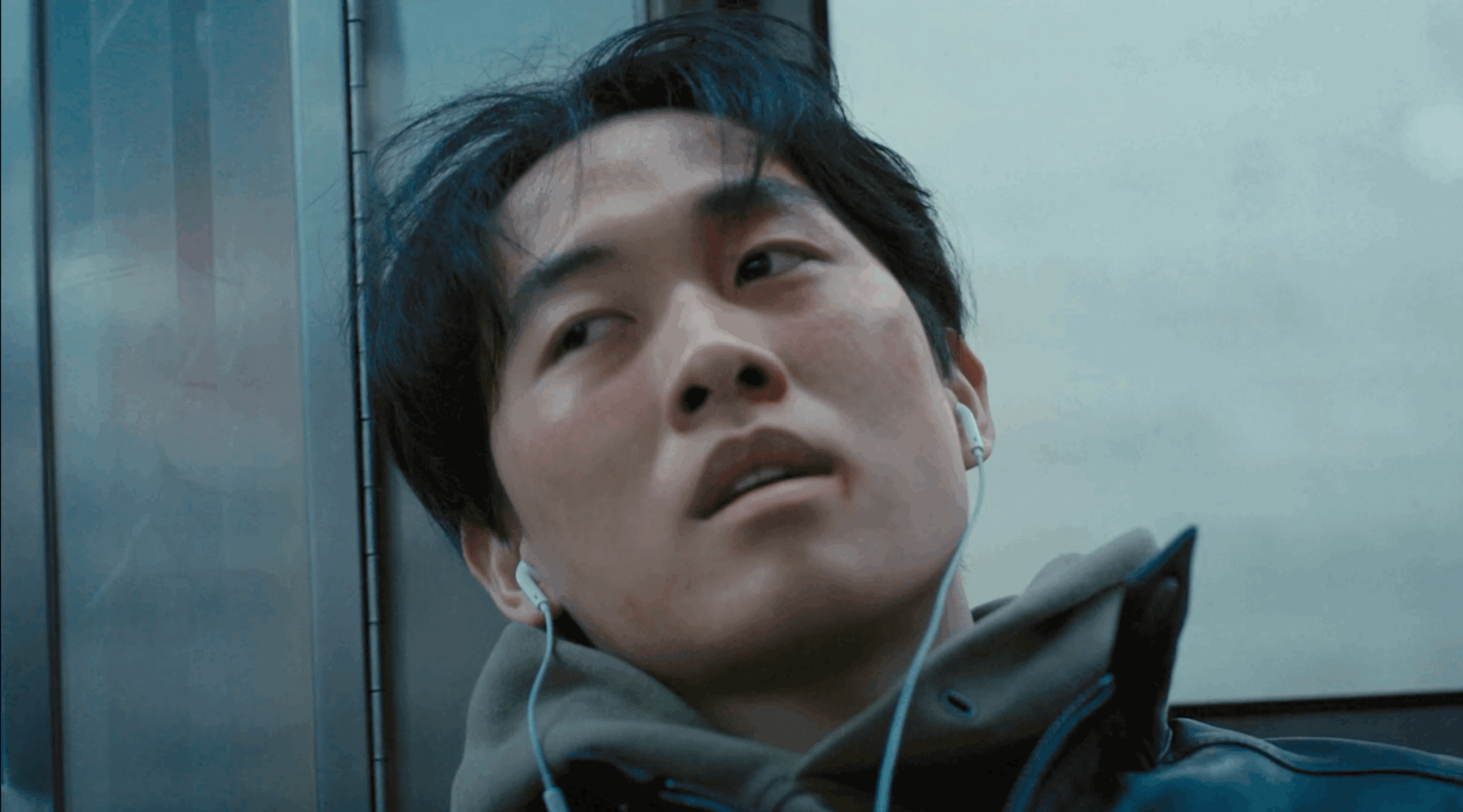
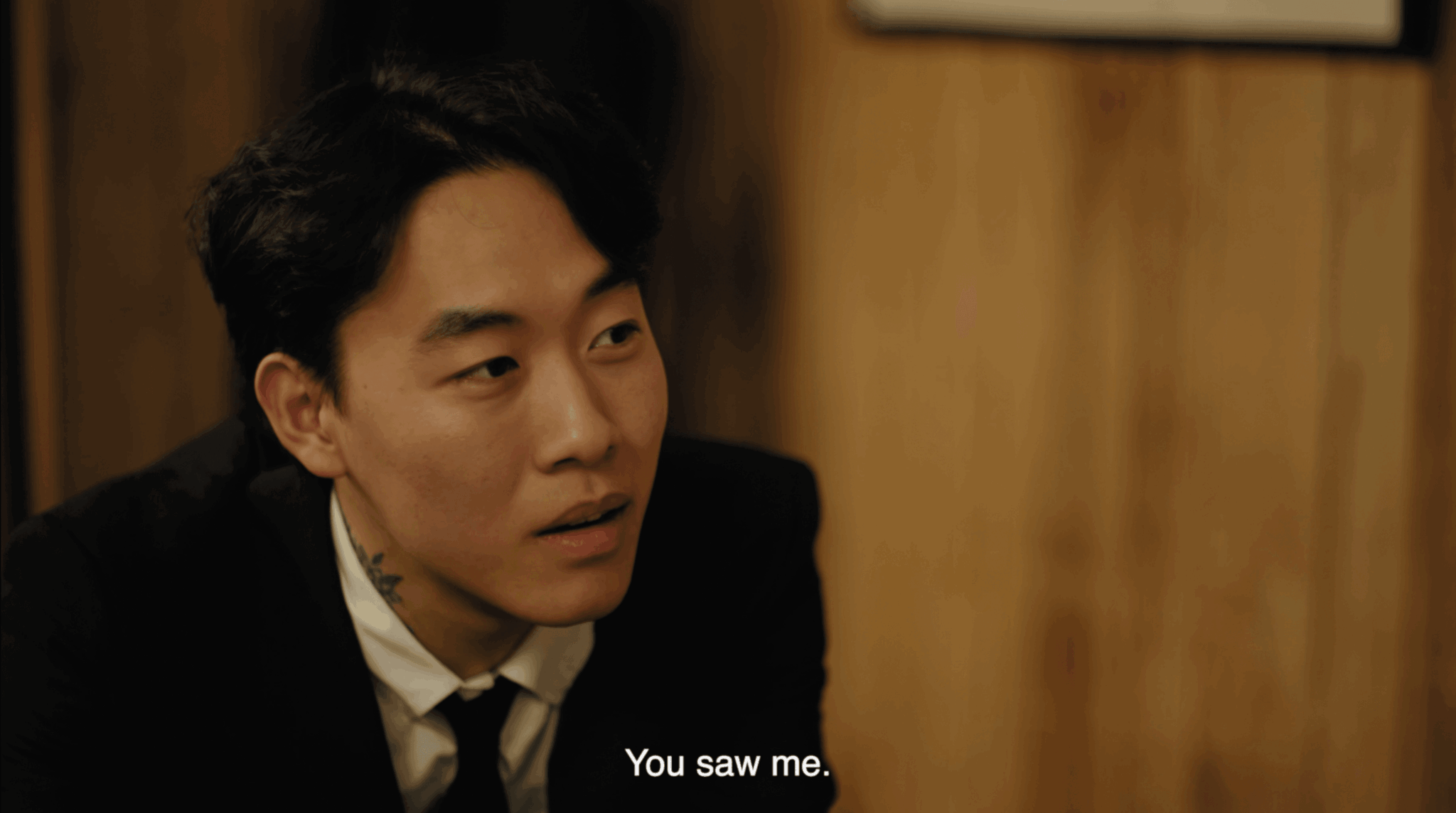
We often hear about learning lessons – but just as important is unlearning lessons. Have you ever had to unlearn a lesson?
Pursuing a career in acting means signing up for the long game. It means learning—often the hard way—that this industry is not always about you. And that’s not a bad thing.
I had to realize early on that I’m not a big deal. None of us are. Not at first. And if we take ourselves too seriously, this career will eat us alive.
Yes, I’ve been fortunate to act in some incredible films that I’ll remember for the rest of my life. But what you don’t see is the mountain of auditions behind each role—the countless rejections and the long silences. After a while, when the “no’s” start stacking up and the phone never rings, it’s easy to believe the problem is you.
But now, working behind the camera too, I’ve gained a different perspective.
Casting isn’t just about talent. It’s about tone. Chemistry. Aesthetic. Sometimes it comes down to something as small, and as out of your control, as your height, your energy, or how your face reads on camera next to someone else’s. There are so many variables in play, and most of them have nothing to do with how well you can act.
I genuinely believe there are dozens of next-generation Robin Williamses out there, just in Manhattan alone—brilliant, raw, and ready, but not yet in the right room at the right time. So to every actor who’s still waiting, please don’t spiral. Don’t internalize rejection. It doesn’t mean you’re not good enough. It often means nothing more than, “not this one, not yet.”
Overthinking is the biggest threat to an actor’s sanity.
A wise man once said, “If you don’t think, you’ll make mistakes. If you overthink, you’ll ruin your life.” And I’ve found that to be painfully true. So show up. Do the work. Let go. Trust the process. Make countless mistakes. And whatever you do, don’t let your thoughts talk you out of your own potential.
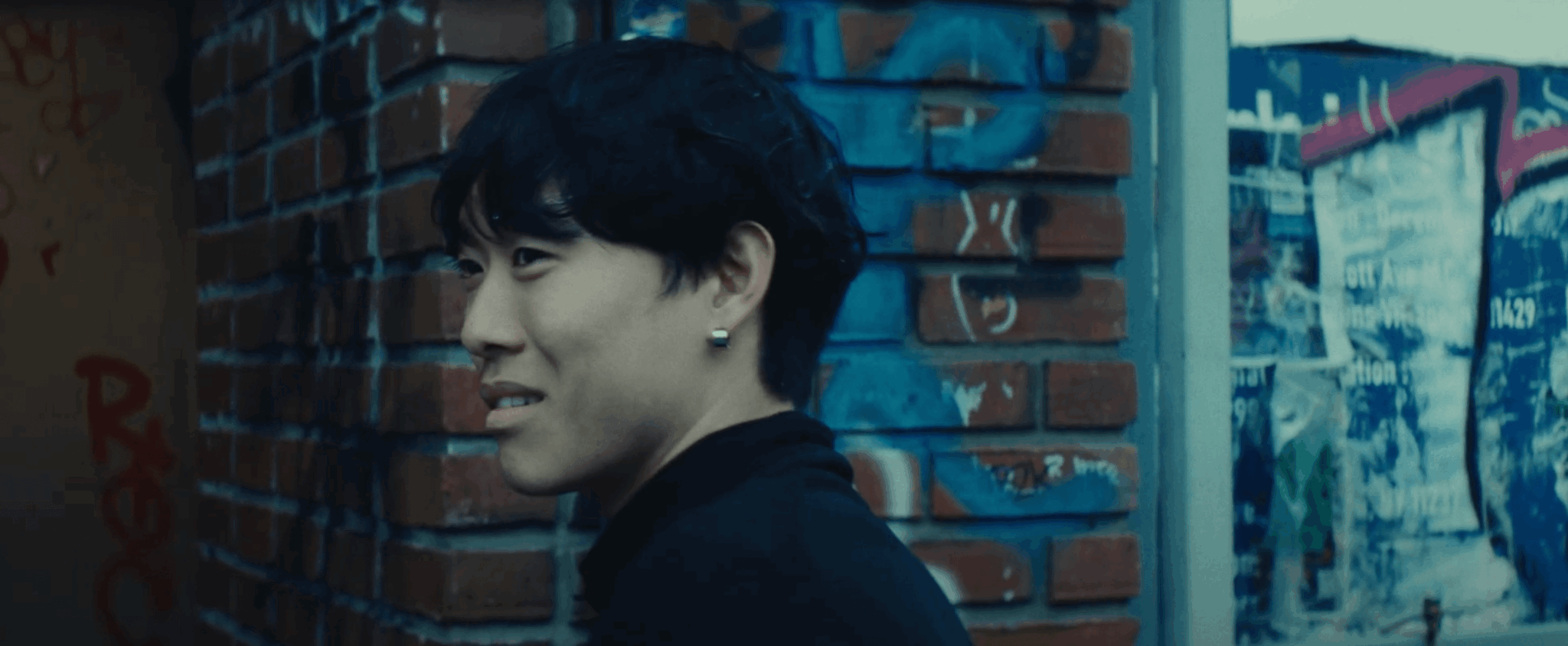
What do you think is the goal or mission that drives your creative journey?
All my life, I’ve known I wanted to be a performer. No matter how my dreams evolved, they’ve always centered on one thing: the desire to move people. To share something real, something that once moved me, with others, and to offer them a moment of connection, catharsis, or even just laughter.
I remember my freshman year of college, performing in a short play festival. I played a goofy, offbeat character, someone that’s written purely for laughs. After the show, a few audience members came up to me, still laughing. Some of them would go on to become friends, and for weeks after, they’d crack up every time they saw me, just thinking about that performance.
That kind of response gave me so much energy.
In that moment, I realized that even the smallest performance, even just a few minutes on stage, can brighten someone’s day, can lift them out of the routine of life. And that, to me, is a meaningful gift.
As I grow as an artist, I carry with me my background, my culture, and my lived experience. I’m fully aware of who I am ethnically, racially, and personally, and of the conversations that still need to happen around identity and representation. But I also believe deeply that storytelling has the power to reach beyond those boundaries.
Yes, our stories are shaped by where we come from. But the feelings behind them—joy, grief, longing, fear, love—are universal. That is something I’ve come to understand even more deeply through living in different countries and connecting with people from all walks of life. And this is what I aim to tap into in my performances.
My goal is to tell stories that reflect truth, bring people closer together, and remind us all, no matter where we come from, what it means to feel something deeply.
Contact Info:
- Instagram: sungc.choi
- Other: IMDB: https://www.imdb.com/name/nm13556078/
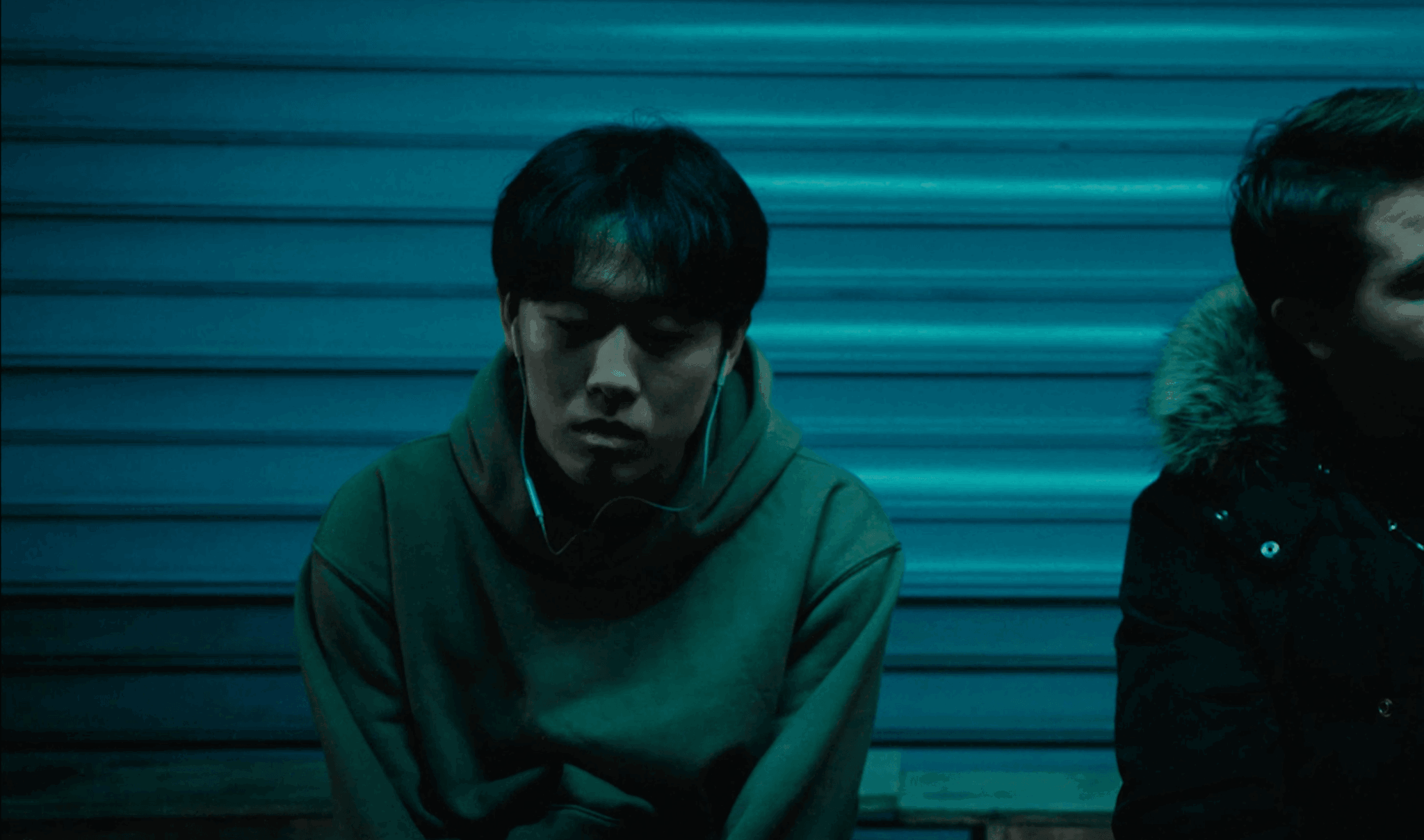
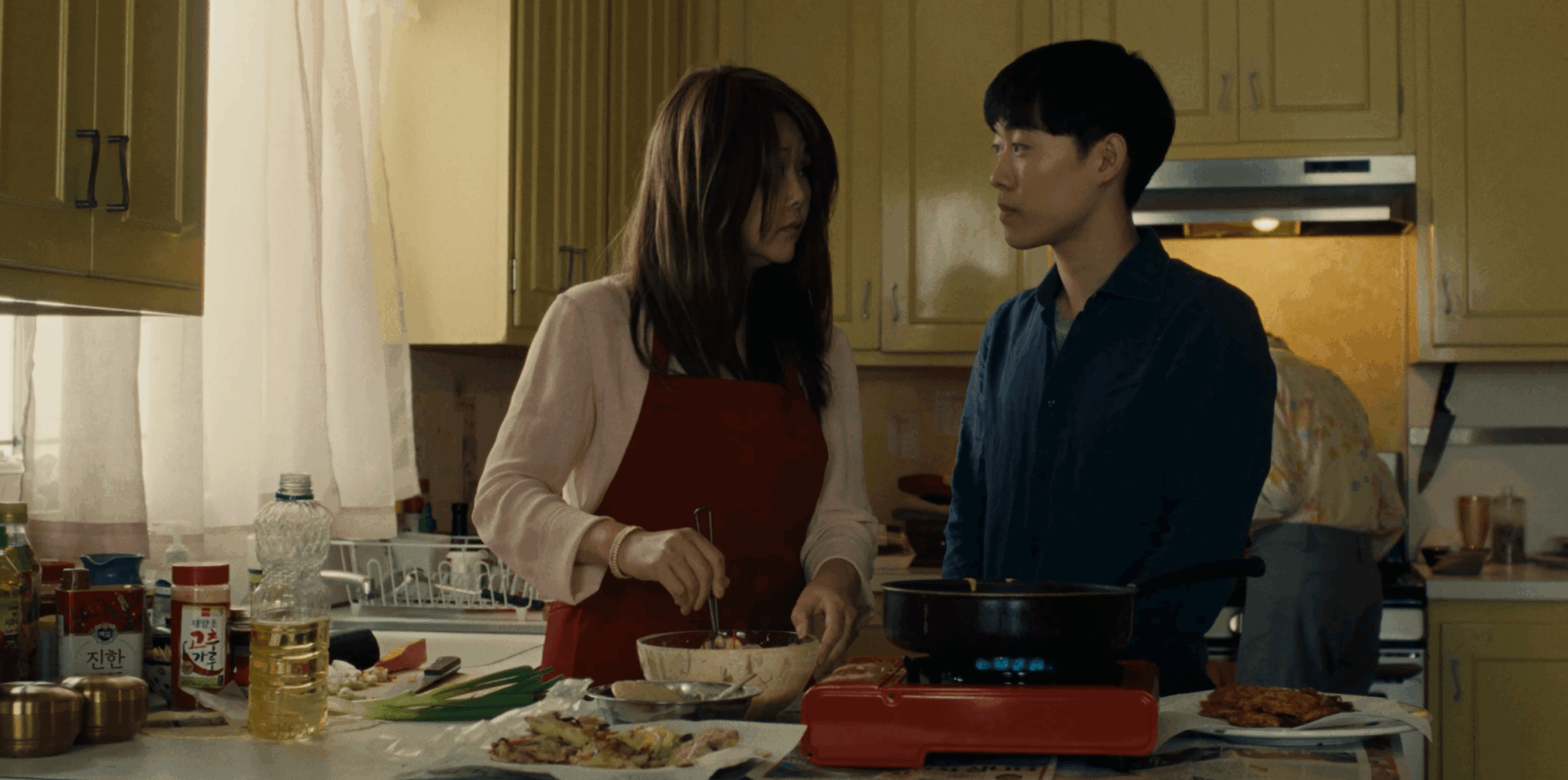
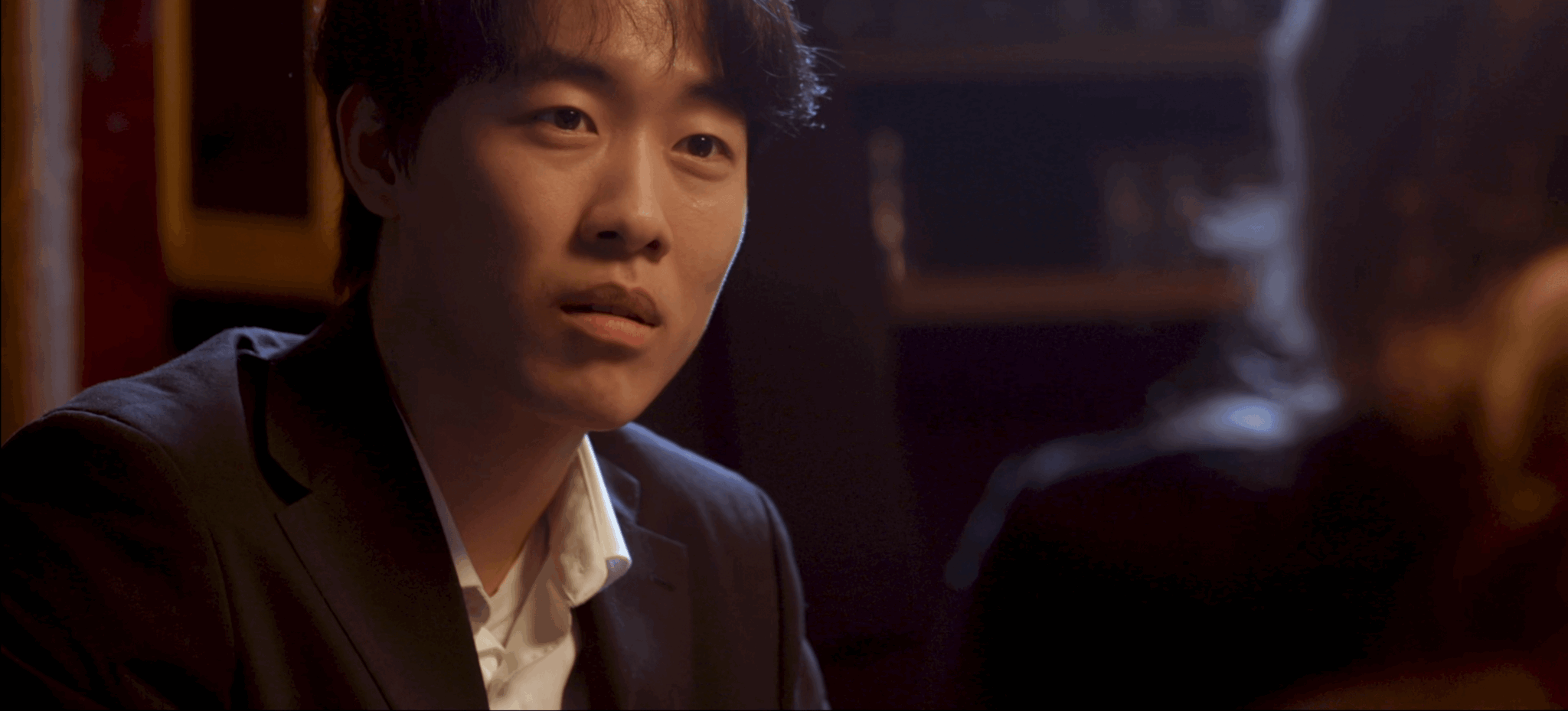
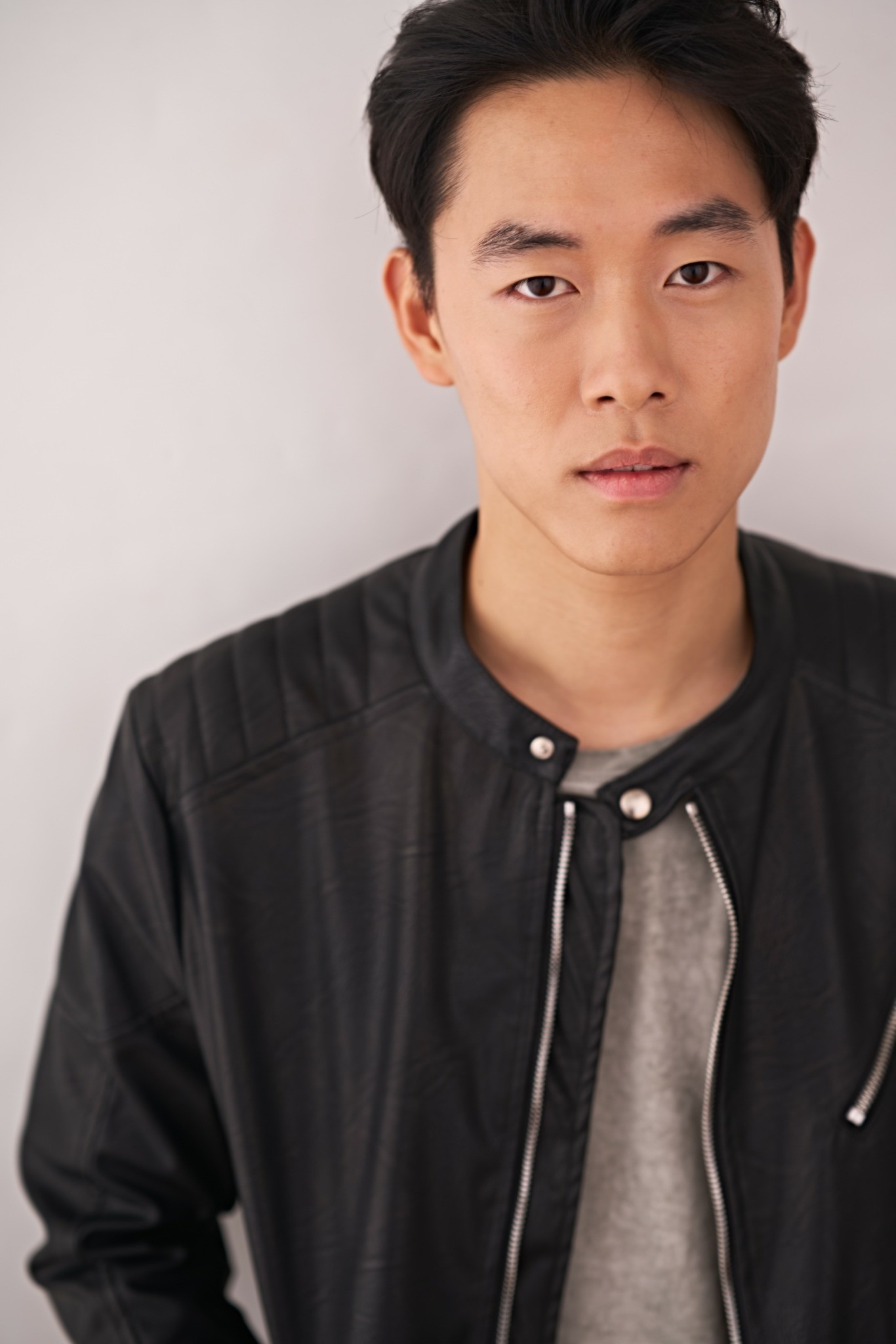
Image Credits
Justin Clynes, Timothy Wang, Jason Wang, Sean Chow, Hao Zhang, Mike Munari

